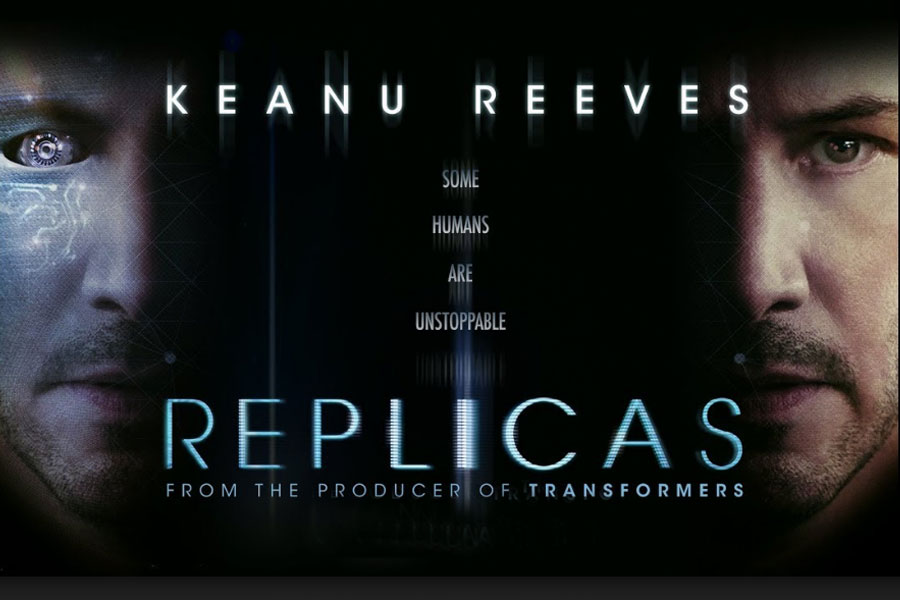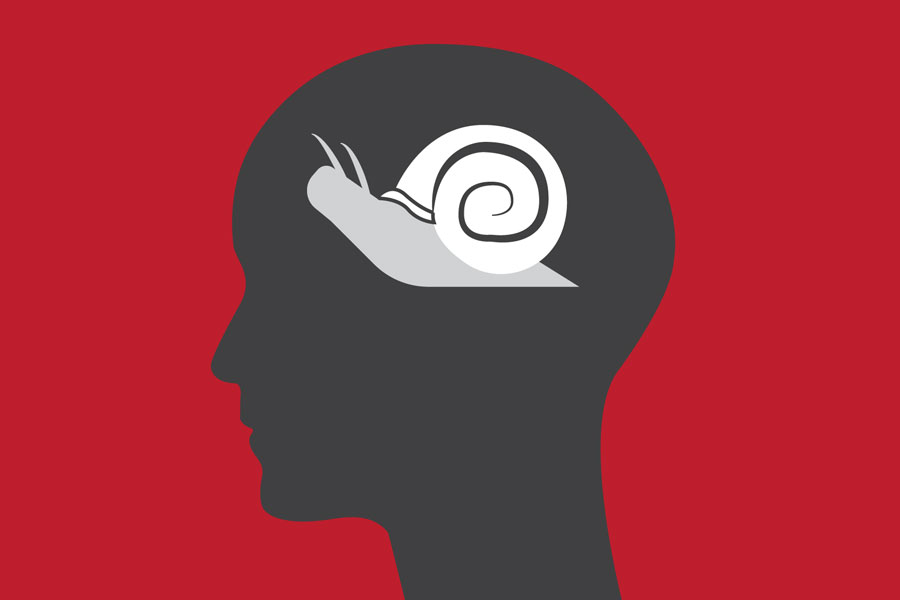
Jun 4 , 2022
By Kidist Yidnekachew
Some people worry about who will be there at their funerals, either to give a eulogy or to simply show up. Mostly, the eulogies focus on educational and career milestones and familial circumstances rather than how the person lived and sharing a meaningful anecdote that gives an idea about the kind of person that is deceased. I do not care if people show up to my funeral or give eulogies. It does not make a difference because I will not be able to see it.
But funerals are customary in Ethiopia, and are rarely forgone. Being a member of an idir makes a major difference; otherwise, funeral arrangements could be very exhausting. A traditional source of finance, idir decentralises risk and offers insurance. I realised how helpful it was recently when my friend’s father passed away. I wondered how they could take care of everything within a short time, but it turned out the idir members were on top of it and took care of everything.
The whole ado about funerals could be annoying, though, even if there are practices such as idir. Recently, someone’s relative died at a company where I freelance a few days a week. I knew very few people; I share staff transport service with some. My absence from the office does not really make a difference, except to a few. The last time I was away for almost a week, nobody bothered to check on me – for all they knew, I could have been dead.
When someone’s relative died, they expected me to go to the person’s house to pay my respects. I was even asked to contribute money for what we take to the deceased's house. I do not mind chipping in but the problem is that, for a long time, they did not even remember my existence and now they wanted me to tag along. I refused to go; I also had another important reason for not going.
Another time, they asked me if I wanted to go to the house of a woman who shares the same bus service with us but who I had never met before as I do not take the service in the morning. This time, I am thinking to myself that they are probably going to think I am a bad person, an anti-social who avoids funerals and does not care about anyone. I understand they want to make me feel included but I do not really know these people. I feel sorry for their loss but finding the time to go and comfort them while I can be doing something else sounds too much.
I did feel guilty for refusing to go, but should I?
The worst thing about funerals sometimes is that they feel staged. The last one I went to featured a performance from a lady that was attending. The lady entered screaming and crying in a house full of grieving people. Even the widow started to cry once again. A few seconds later, the lady’s phone rang, and she became composed so fast that it was suspicious how many of the tears she shed were real. My friends and I were amazed by the transformation and fought not to break out in laughter. It is possible she could have been sad, but the crying and screaming was likely a show intended for the funeral audience.
It is okay to scream and weep if it is coming from the heart, but acting to seem hurt or sad is insincere to the memory of the deceased. Besides, the whole point of people going to visit the deceased's family is to comfort them but by crying like that, we will only be adding to their grief.
The hiring of musho awerajoch, people who drop lines or say touchy stuff to make people cry at funerals, used to be widely employed. Nowadays, it is people like the lady, which performed grief at the funeral house, that are widely used.
Saying goodbye to the people we love and know is one of the toughest things we have to do, which is why we have to celebrate life more often, take the time to show our love and appreciation so we would not have regrets later. Funerals, as ceremonies for collective goodbyes, could be intimate moments done more tastefully, and by extension, we can save ourselves from the performances of those that are not really grieving.
PUBLISHED ON
Jun 04,2022 [ VOL
23 , NO
1153]


Films Review | Mar 09,2019

View From Arada | May 21,2022

Sunday with Eden | May 13,2023

My Opinion | Apr 02,2022

Editorial | Aug 10,2019

Viewpoints | Feb 04,2023

Viewpoints | Feb 01,2020

Films Review | Jan 25,2020

Commentaries | Feb 29,2020

Sunday with Eden | Oct 23,2021

My Opinion | 132151 Views | Aug 14,2021

My Opinion | 128561 Views | Aug 21,2021

My Opinion | 126482 Views | Sep 10,2021

My Opinion | 124091 Views | Aug 07,2021





Dec 22 , 2024 . By TIZITA SHEWAFERAW
Charged with transforming colossal state-owned enterprises into modern and competitiv...

Aug 18 , 2024 . By AKSAH ITALO
Although predictable Yonas Zerihun's job in the ride-hailing service is not immune to...

Jul 28 , 2024 . By TIZITA SHEWAFERAW
Unhabitual, perhaps too many, Samuel Gebreyohannes, 38, used to occasionally enjoy a couple of beers at breakfast. However, he recently swit...

Jul 13 , 2024 . By AKSAH ITALO
Investors who rely on tractors, trucks, and field vehicles for commuting, transporting commodities, and f...

Jul 12 , 2025
Political leaders and their policy advisors often promise great leaps forward, yet th...

Jul 5 , 2025
Six years ago, Ethiopia was the darling of international liberal commentators. A year...

Jun 28 , 2025
Meseret Damtie, the assertive auditor general, has never been shy about naming names...

Jun 21 , 2025
A well-worn adage says, “Budget is not destiny, but it is direction.” Examining t...

Jul 13 , 2025 . By YITBAREK GETACHEW
The Addis Abeba City Revenue Bureau has introduced a new directive set to reshape how...

Jul 13 , 2025 . By BEZAWIT HULUAGER
Addis Abeba has approved a record 350 billion Br budget for the 2025/26 fiscal year,...

Jul 13 , 2025 . By RUTH BERHANU
The Addis Abeba Revenue Bureau has scrapped a value-added tax (VAT) on unprocessed ve...

Jul 13 , 2025 . By NAHOM AYELE
Federal lawmakers have finally brought closure to a protracted and contentious tax de...